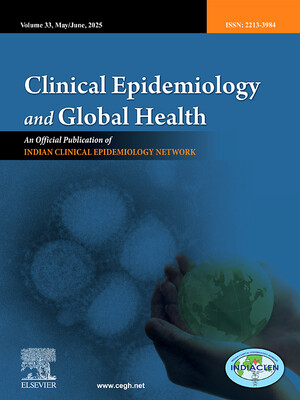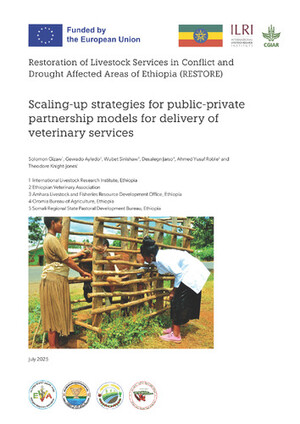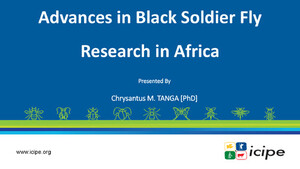
Investigation of veterinary service delivery and service providers on dairy cattle farms in central Ethiopia
Abstract
Background: Livestock diseases are major constraints affecting the productivity, health and welfare of animals in dairy sectors in Ethiopia. The prevalence of animal diseases and inadequate animal health services are key barriers to improving animal productivity and health. Studies assessing animal health delivery in Ethiopia are limited.
Methods: A survey was conducted to assess veterinary service delivery on dairy farms, the level of service provision, and the major service providers in the area. A total of 381 dairy farms were recruited from different towns in central Ethiopia for the survey. Data were collected using a structured questionnaire developed via an online platform (https://www.kobotoolbox.org/) and administered via face‒to-face interviews. The generated data were analyzed and descriptively summarized as frequency distributions and percentages.
Results: The results of the present study revealed that a wide range of animal diseases have occurred and adversely affected the dairy farms in the study area. Several government and private veterinary service providers have been engaged in providing animal health care to dairy farms. Private veterinary services cover most of the veterinary services of dairy farms at selected sites in central Ethiopia. For veterinary services related to the treatment and control of external and internal parasites, the purchase of drugs, artificial insemination, assisted delivery and pregnancy diagnosis of animals, dairy farmers prefer private veterinary services. The government veterinary sector, on the other hand, was preferred the ability to vaccinate animals against major dairy animal diseases (36.3%) and provide health-related training services (21.8%). In this survey, 61.05% and 45.53% of the respondents were dissatisfied with high service charges and insufficient medicine for the treatment of major diseases, respectively. However, 76.3% and 75% of them were highly satisfied with the good skills of the veterinary professionals and with the recovery of their animals after treatment, respectively.
Conclusion: The assessment of veterinary service delivery in dairy cattle management systems in central Ethiopia revealed that private veterinary service providers are the most dominant and that the comparative preference for private service, apart from its high comparative cost, may be related to its availability or accessibility. The overall users’ satisfaction was reported to be low. It is advised that public veterinary services maintain professional freedom and acquire adequate physical and financial resources to carry out their tasks. Finally, privatization or the promotion of public‒private partnerships should be supported to foster a competitive atmosphere for high-quality veterinary services.
Citation
Kebede, G., Moje, N., Shafi, A., Kassahun, R., Merera, O., Leta, S., Waktole, H., Megersa, B. and Amenu, K. 2025. Investigation of veterinary service delivery and service providers on dairy cattle farms in central Ethiopia. BMC Veterinary Research 21: 125.










